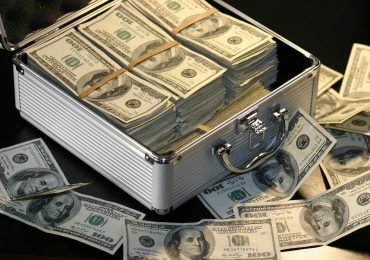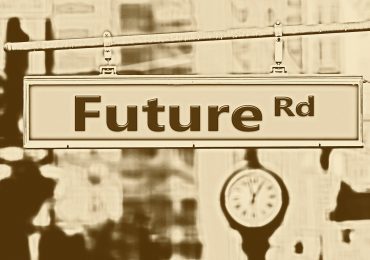The recent downturn in the stock market has made stocks significantly cheaper than they were before — but they’re not yet “cheap”, according to The Wall Street Journal’s Jason Zweig.
“Consider the [valuation] measure preferred by the great investment analyst Benjamin Graham and refined by Yale University economist Robert Shiller, called the ‘cyclically adjusted’ P/E ratio,” writes Zweig. “It smoothes out the market’s temporary peaks and valleys by averaging the past 10 years of earnings and taking inflation into account. At the end of July, the S&P 500 was at 1325, resulting in a P/E of 22.9. At this past week’s intraday low of 1167 for the S&P 500, the adjusted P/E had sunk to 20.2.” That, he says, is still slightly above the historical average for the past 50 years of 19.5.
Zweig says that 10-year P/Es have fallen into single digits in past downturns (though he neglects to mention that in most of those situations, interest rates were far higher than they are today). Noting that many institutional investors have been dumping U.S. stocks, he says, “This systemwide flight from stocks may get worse before it reverses. For long-term investors who commit to buying gradually over time, the stock market is getting cheaper. But it may well get cheaper still under the pressure of so much forced selling.”
Zweig’s advice for long-term investors: Take this chance to rebalance your portfolio by trimming back on bonds and adding to stocks. He also says that if you’re buying stocks when they are truly cheap, you’re probably going to feel quite queasy, because that’s when market fears are highest. “That feeling doesn’t seem to be quite here again — not yet, at least,” he says.








